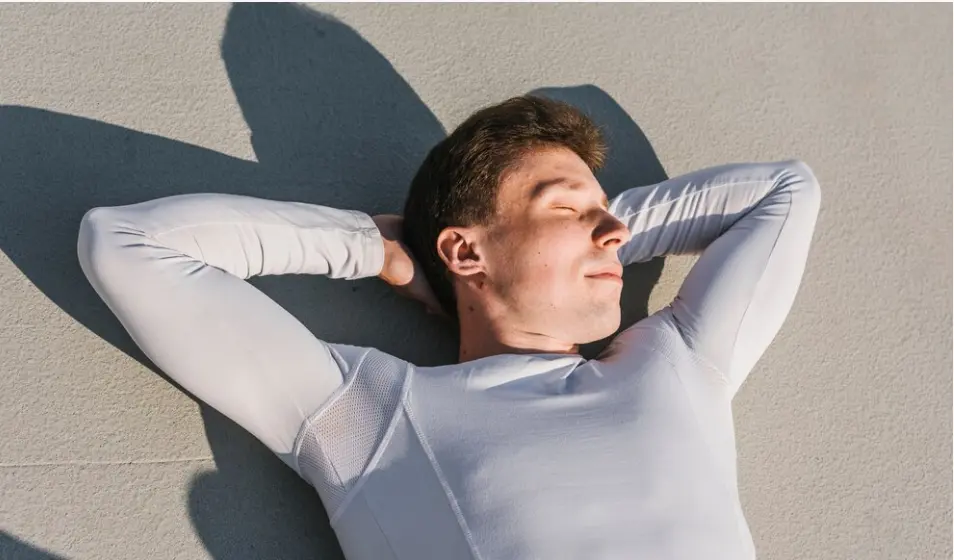



The best of the elite athletes will be trying to perform at the optimal level they are capable of. They are, therefore, tested to the full in terms of their mental and physical faculties. The challenges facing high-performance sport often imply unusual schedules, intensive physical effort, and enhanced psychological stress that impacts sleep. The interference caused with recovery and performance necessitates awareness among athletes, coaches, and sports psychologists on the crucial role sleep plays in high performance
In either case, this all reduces the quality and quantity of sleep an athlete receives
Sleep is more than just rest; it is an active, restorative process critical for recovery, cognition, and emotional resilience. Scientific research emphasizes the transformative effects of quality sleep on athletic performance
According to researchers, the following evidence-based behaviors athletes can use to improve the quality of their sleep and their performance
Sleep psychology offers practical guidelines for athletes who wish to maximize sleep. Dr. Cheri Mah, a leading sleep researcher at Stanford University's Center for Sleep Sciences and Medicine, advocates for sleep extension-the voluntary increase of sleep time-to improve performance. Even the smallest increases in sleep duration and quality resulted in improved performance outcomes in her study with collegiate swimmers and basketball players
Psychologists also work on regulating pre-sleep cognitions. Cognitive-behavioral techniques, such as combating negative thoughts and developing relaxing sleep routines, help athletes eliminate insomnia and achieve restorative sleep
LeBron James: The NBA superstar ensures 8-10 hours of sleep each night, attributing it to his ability to maintain performance over the years and sustain his career
Roger Federer: This tennis legend sleeps for 10-12 hours when training. This shows that sleep is the most important tool for recovery and preparation
Simone Biles: The famous gymnast uses relaxing techniques and has strict sleep schedules to cope with the demands of competition and traveling
Sleep makes the difference in elite sports, where a fraction of a second or a millimeter counts. More importantly, the improvement of sleep hygiene and evidence-based strategies will help athletes further enhance recovery, mental acuity, and emotional resilience
It's not just a luxury but an edge for competition for athletes, coaches, and sports psychologists in terms of having better sleep. Making sleep the cornerstone of the training plan might unlock new levels of performance both on and off the field
Cheri D. Mah. (n.d.). UCSF Human Performance Center. https://hpc.ucsf.edu/cheri-d-mah Zhang, B., Bender, A., Tan, X., Wang, X., Le, S., & Cheng, S. (2022). Assessment of sleep disturbances with the athlete sleep screening questionnaire in Chinese athletes. Sports Medicine and Health Science, 4(2), 133–139. https://doi.org/10.1016/j.smhs.2022.02.001